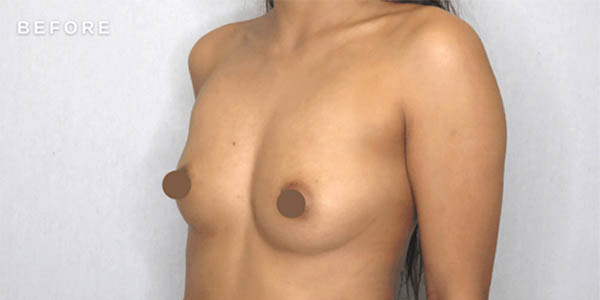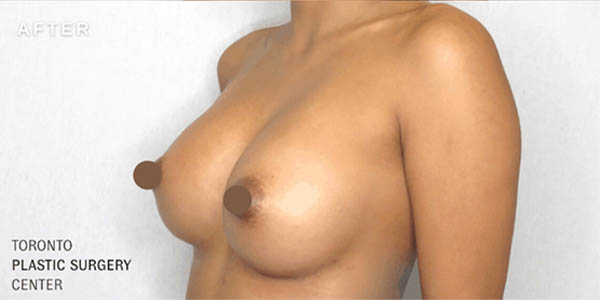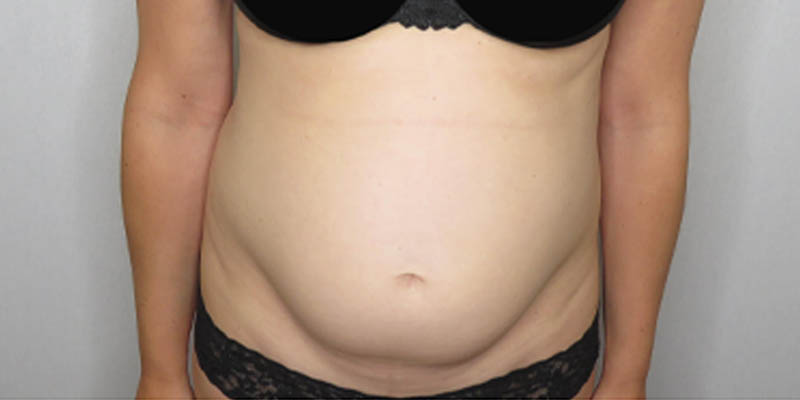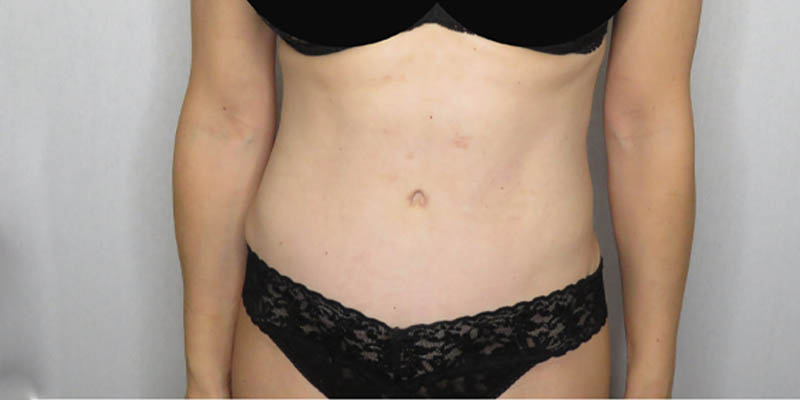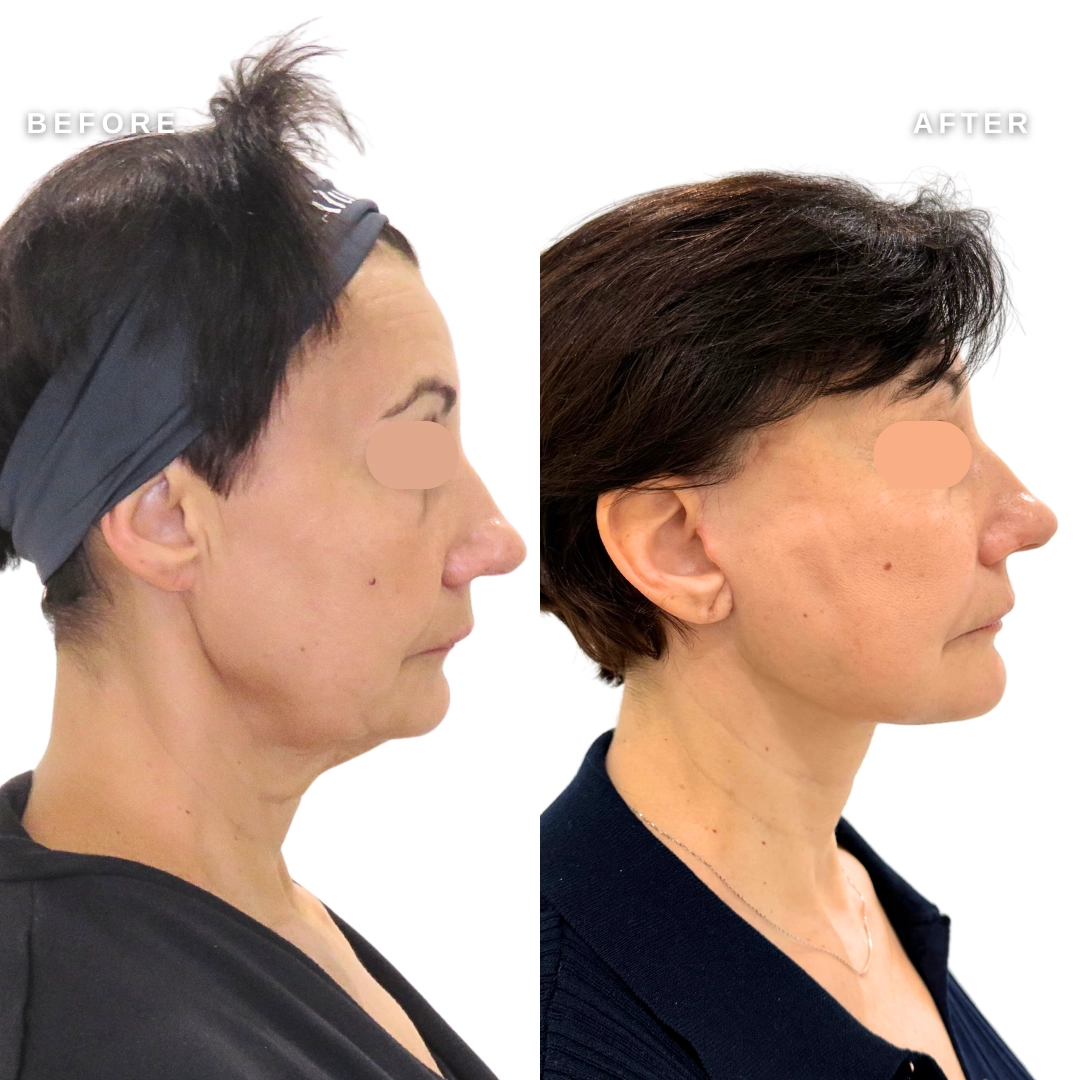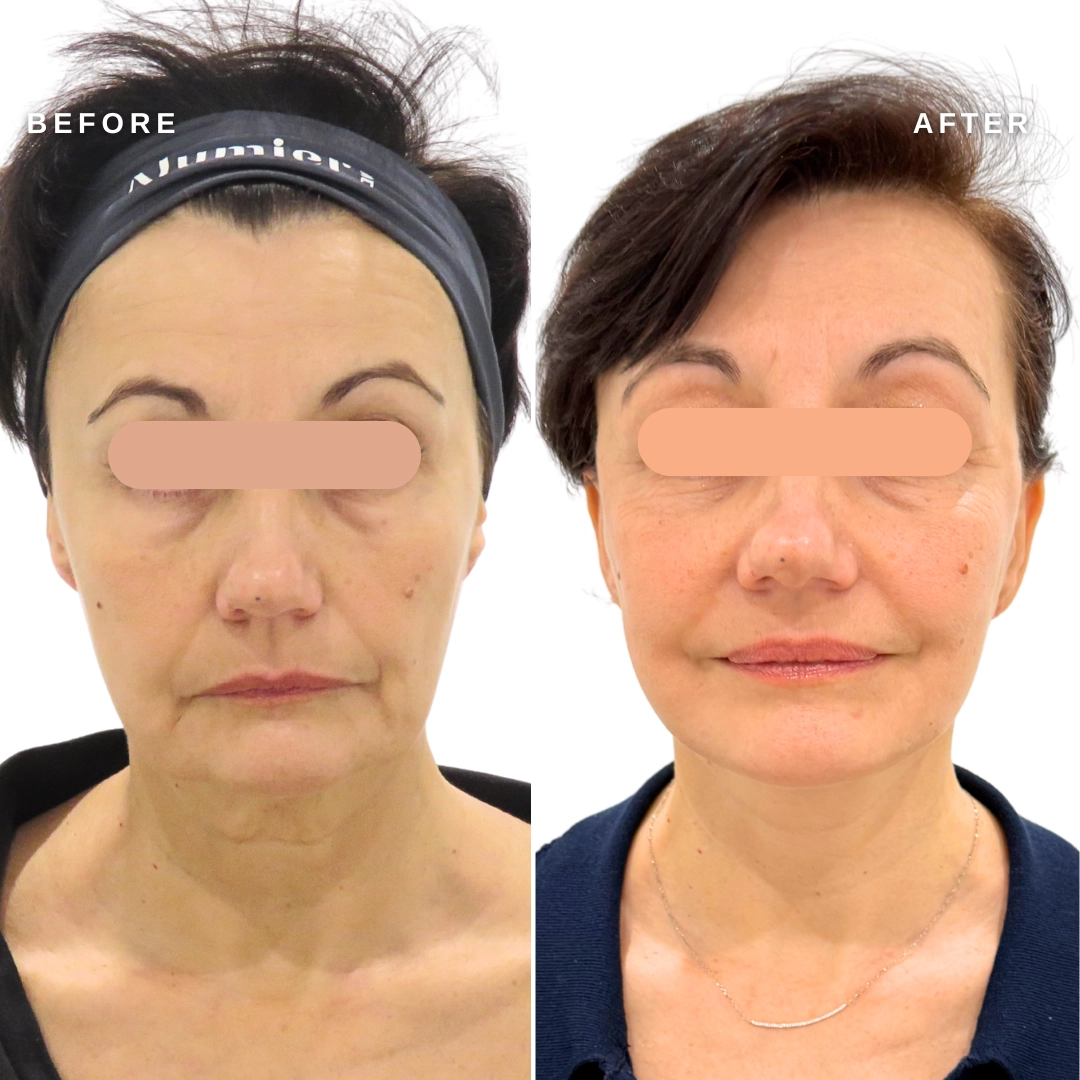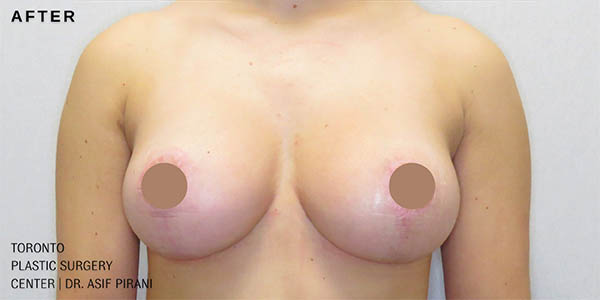January 1, 2025
By Dr. Asif Pirani
After you have gone through a facelift procedure, you will want to return to your regular routines and daily life as quickly as possible. But if your regular routine includes smoking and drinking, you will need to rethink these habits as they could have an effect on your facelift results.
What are the effects of smoking and drinking on your facelift? Here’s what you need to know.
Drinking Alcohol
Drinking alcohol will have a negative effect on your body and health in general. For that reason, Dr. Pirani recommends that you avoid the consumption of alcohol for at least a month following your facelift procedure. Drinking alcohol will naturally dehydrate your body, which is definitely not what you need when you are recovering for surgery.
Alcohol also needs to be avoided in order to ensure that you will not have any medication reactions if you are taking pain medication following the surgery. Since alcohol is processed through the liver and acetaminophen is also processed through the liver, your liver can experience some damage from overdoing it.
Lastly, alcohol causes vasodilation (the dilation of your veins) and fluid retention, both of which will increase the swelling of your face rather than reduce it. Even after a month, you will not be fully recovered, so consider cutting back on your alcohol consumption until you have had a chance to fully heal.
Smoking Cigarettes
If you are a smoker, you will most likely have already been told how dangerous of a habit it is. It causes lung cancer, throat cancer, stomach cancer, oral cancer, as well as causing emphysema, heart disease, stroke, aneurysms, and many other health complications. Beyond all of those lift threatening conditions, smoking cigarettes increases the risks of having surgery of any kind, including cosmetic surgery.
Cigarettes will slow down the healing process for anything that your body is going through as well, meaning it will take you much longer to recover from a facelift if you are a cigarette smoker. Smoking has the side effect of constricting your blood vessels, so oxygen cannot get to the cells that are recovering, slowing down your healing.
Wound separation and skin death can also happen from the lack of oxygen flowing to areas that were operated on. Ultimately, your body has to do a double duty, staving off the effects of cigarettes while healing from surgery.
That said, cigarettes can also dramatically affect the results of your facelift. It has been shown that smoking can and will harm the skin flaps used in surgery. The nicotine and chemicals contained within cigarettes slows down the blood flow to the flaps of your skin, which will make it challenging for the flaps to hold. Since the integrity and strength of the flaps is needed for a facelift to succeed, weakened flaps means the facelift runs a risk of not working.
Finally, smokers have a higher risk when put under anaesthesia as well. This is because your breathing is naturally inhibited due to smoking and you are not considered to be in good health. As a result, you will have a longer hospital stay as well as more risks to consider from the anaesthesia.
Dr. Pirani recommends that anyone considering a facelift procedure first consider quitting smoking altogether, allowing the body to heal and recover. Alcohol should also be reduced to improve your health and help ensure the success of the treatment. Your health is of the upmost priority to Dr. Pirani and he must be certain that you are in good health before proceeding with a facelift surgery.
